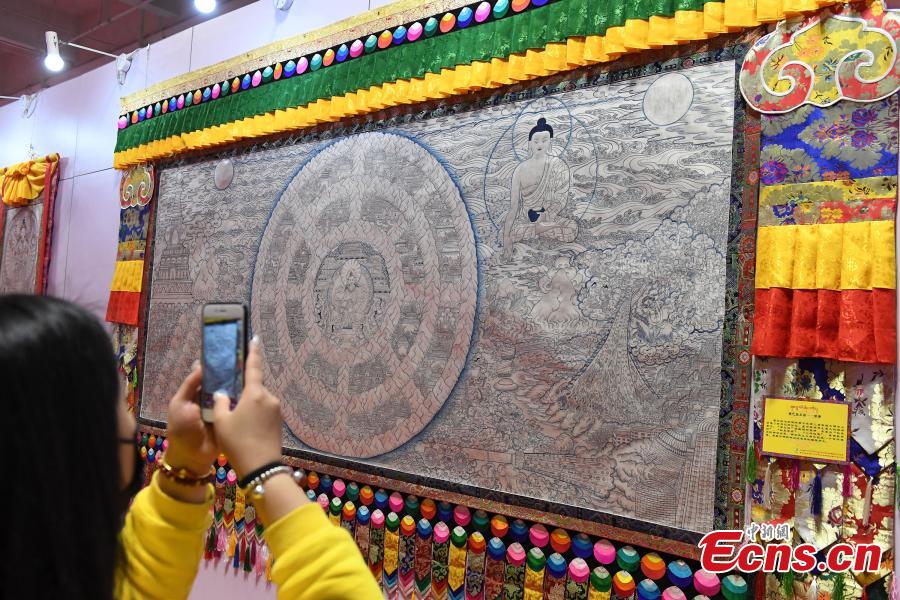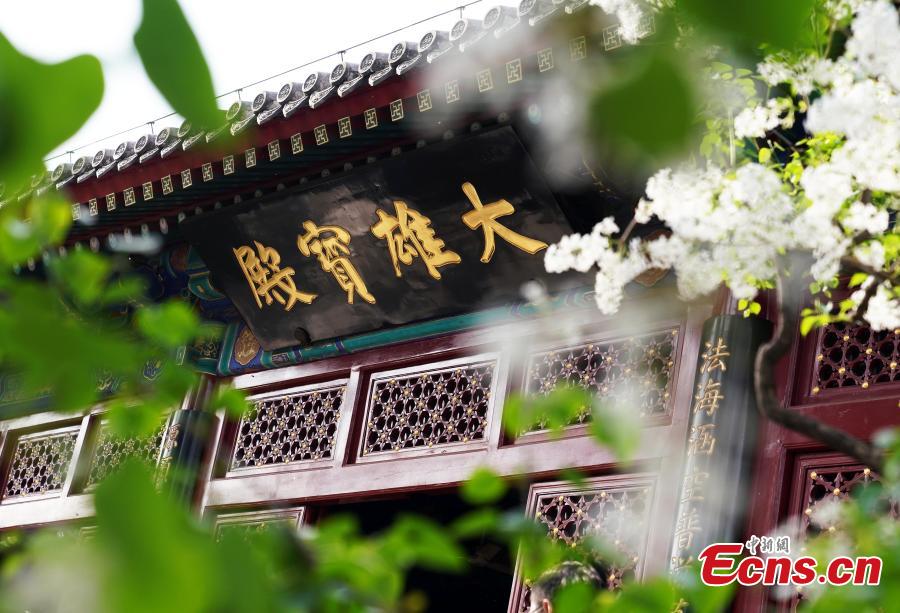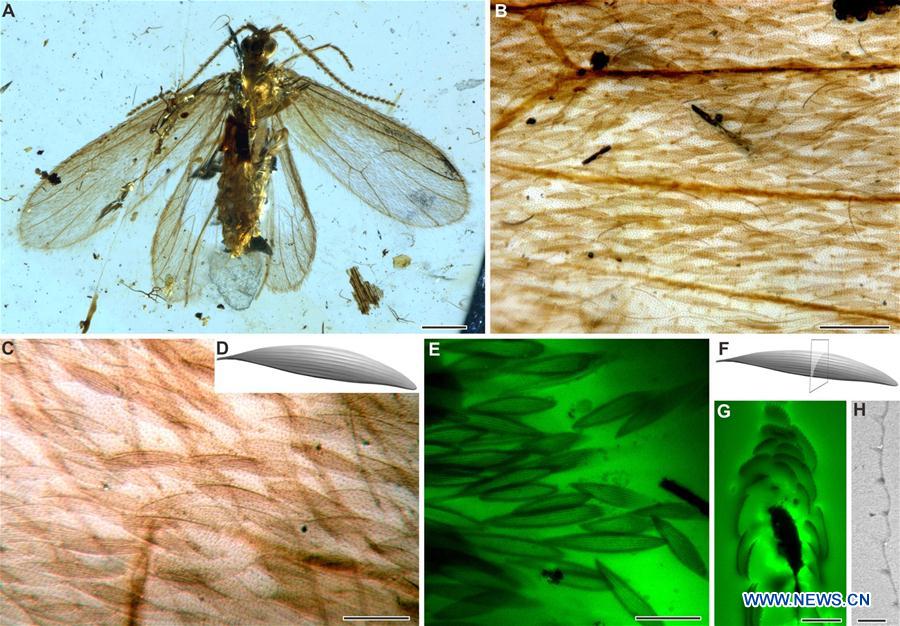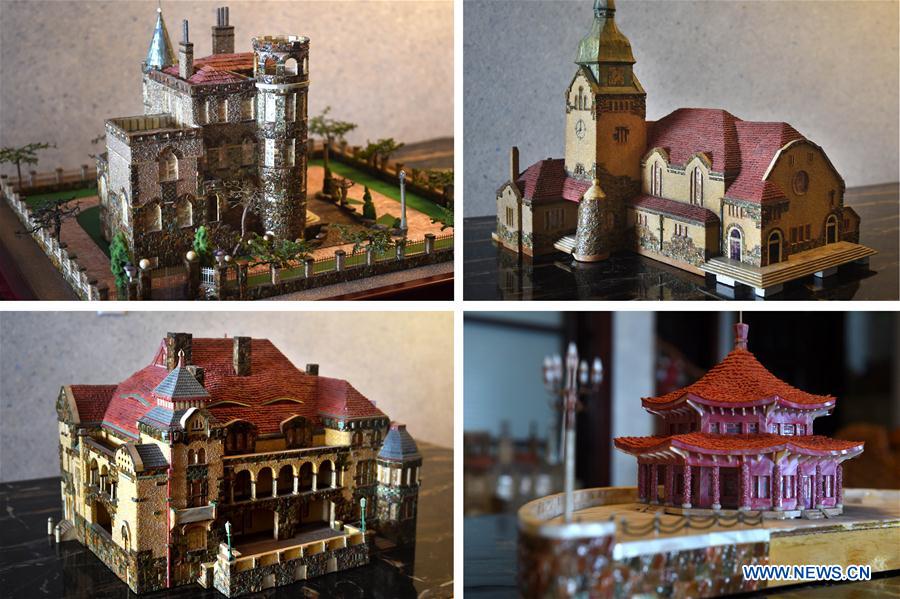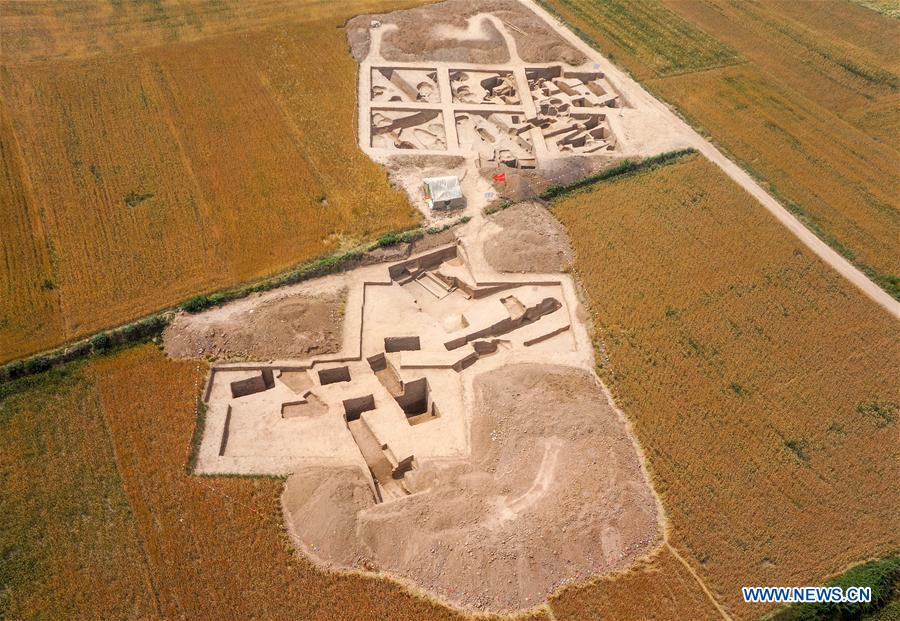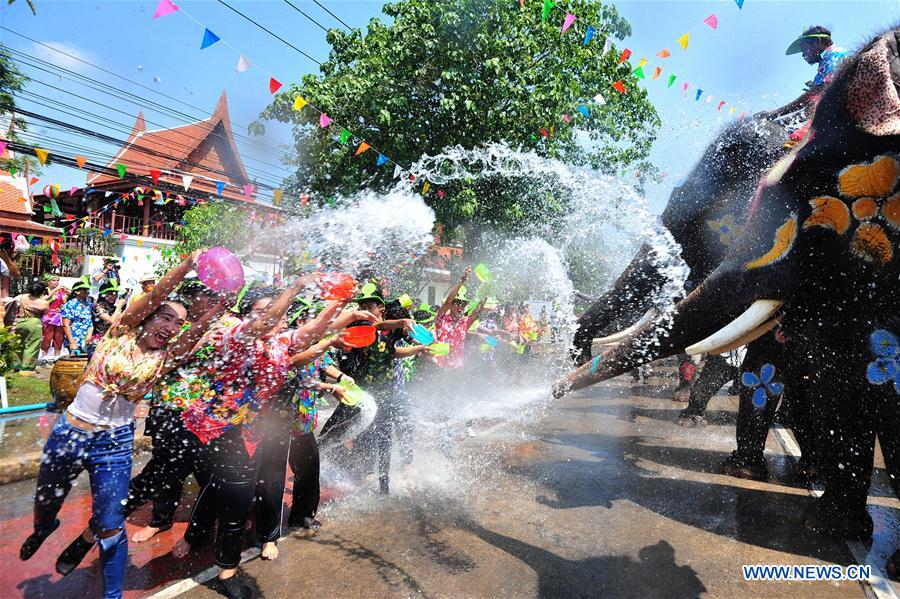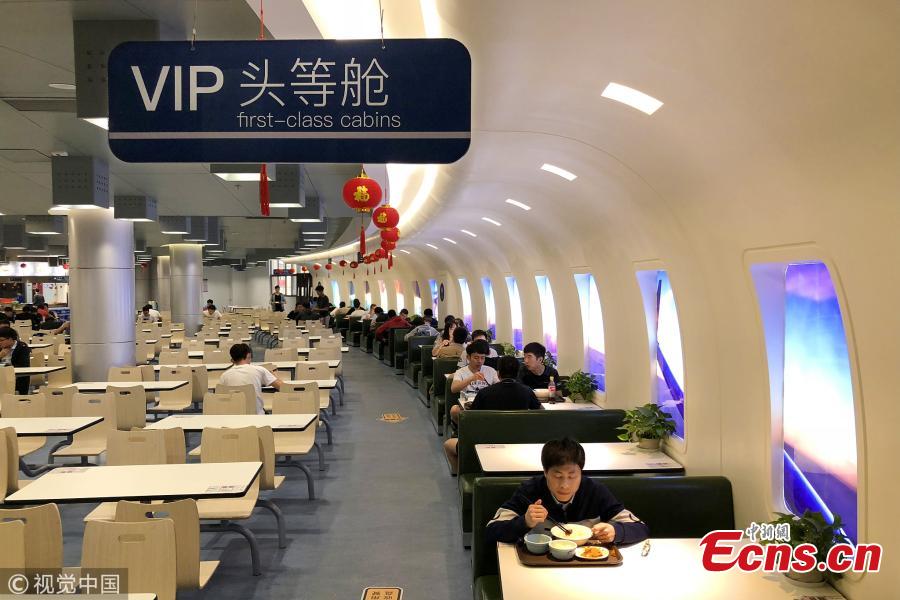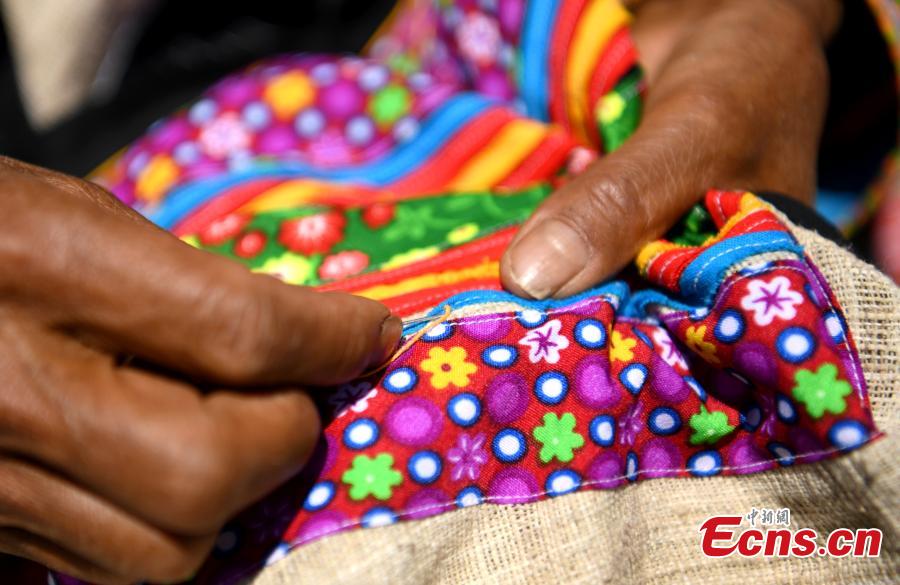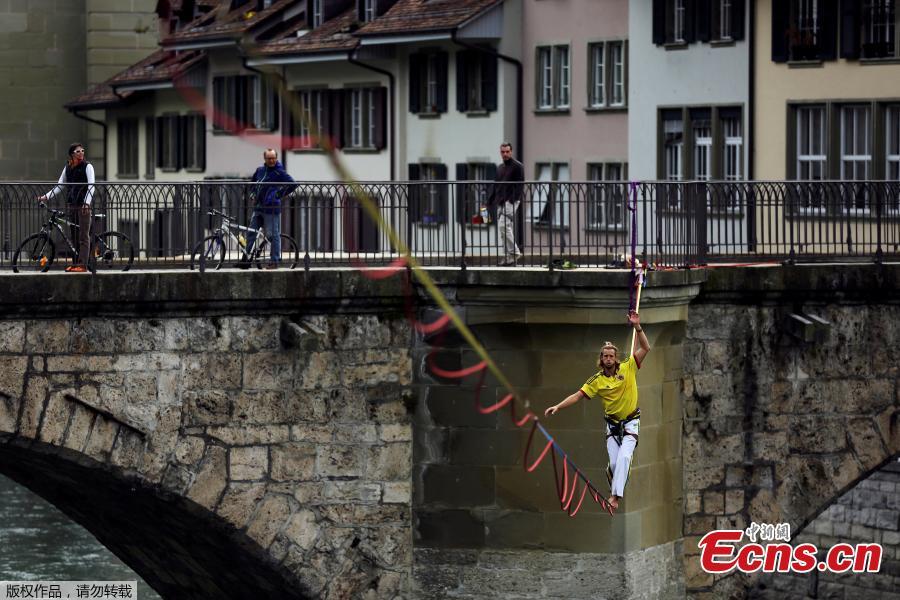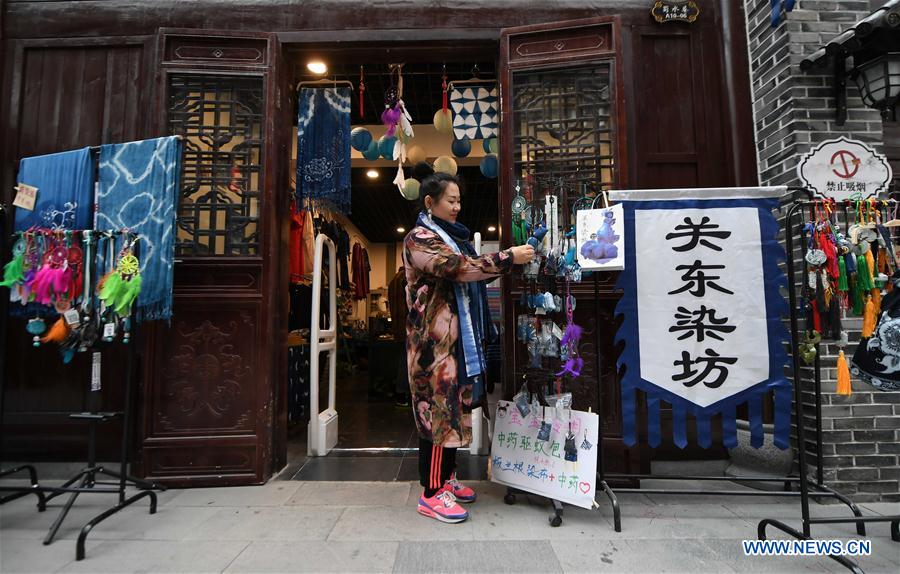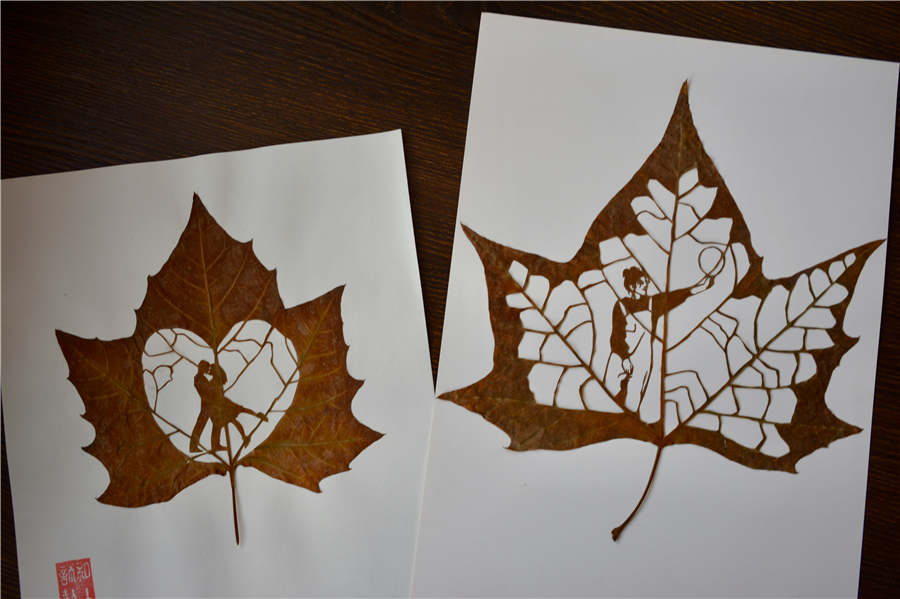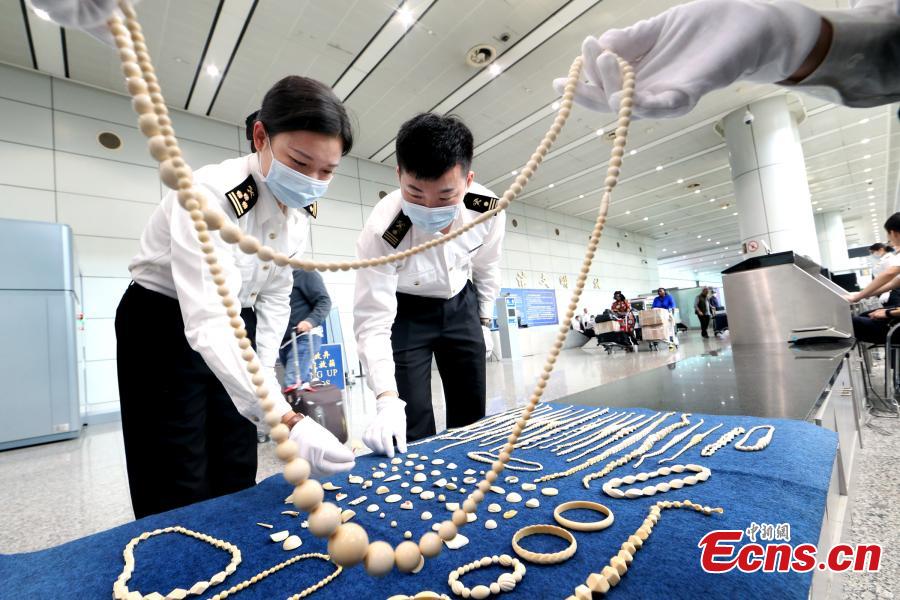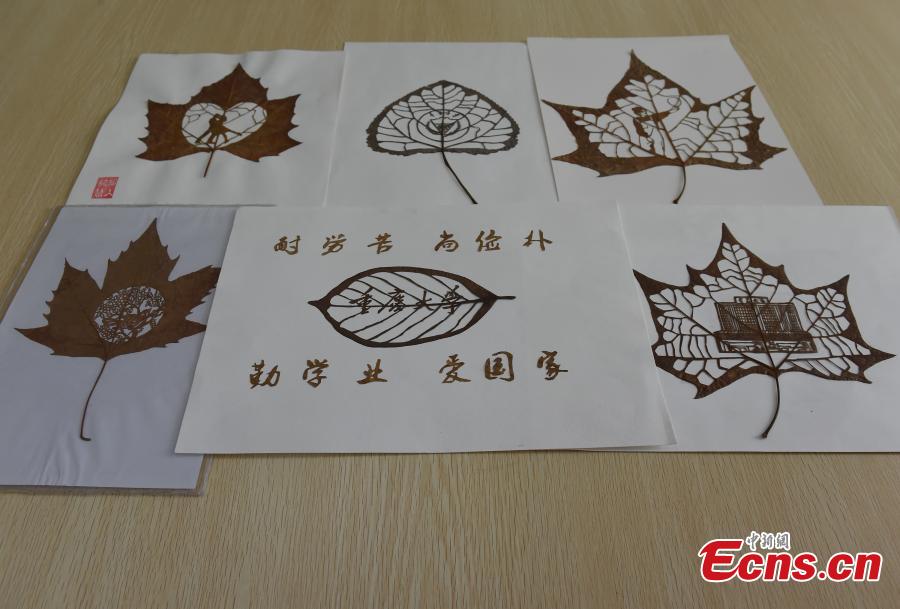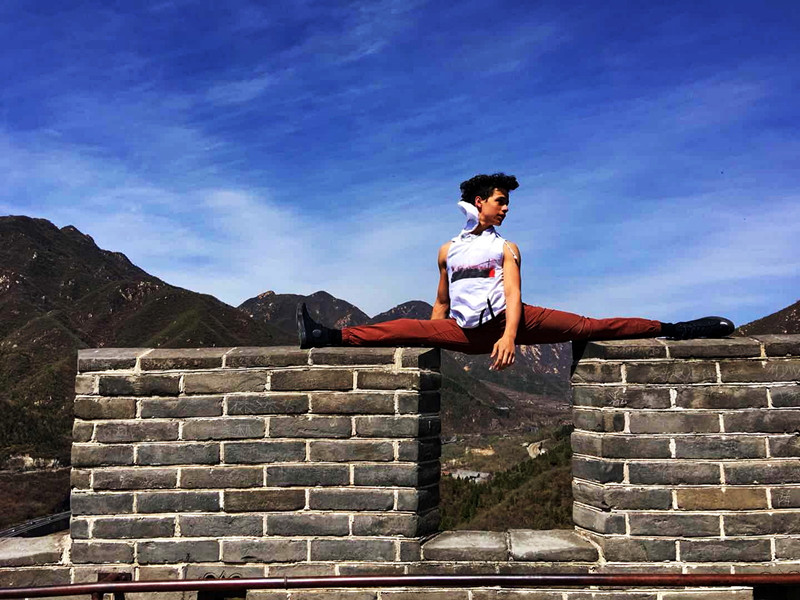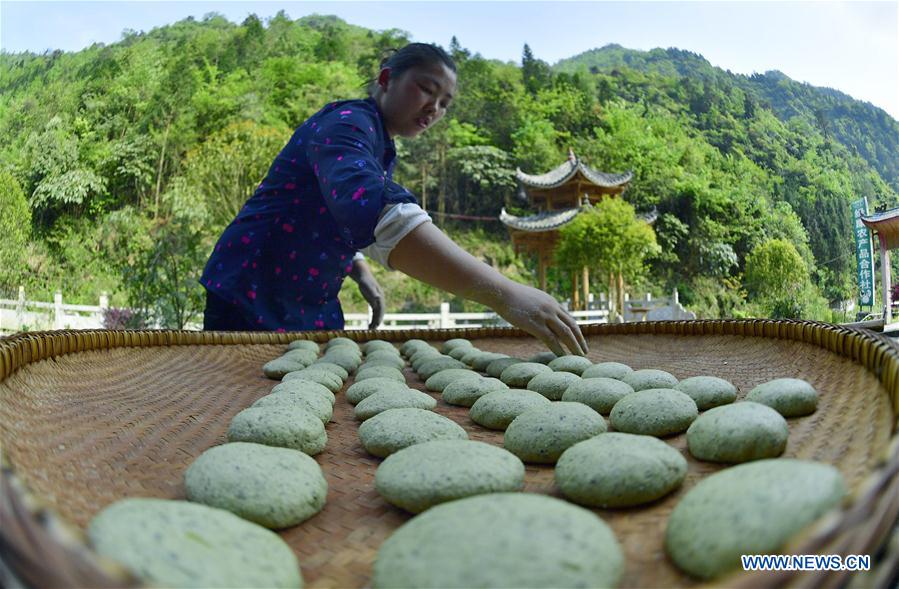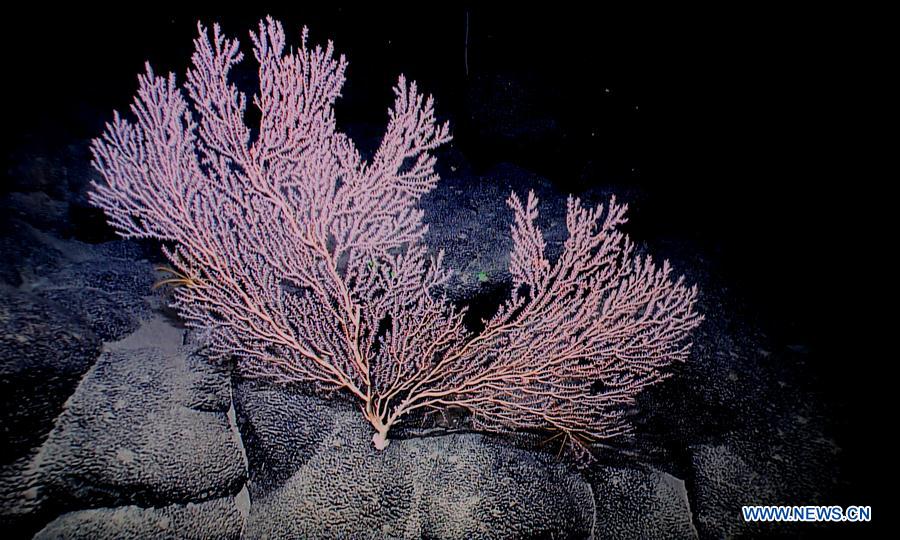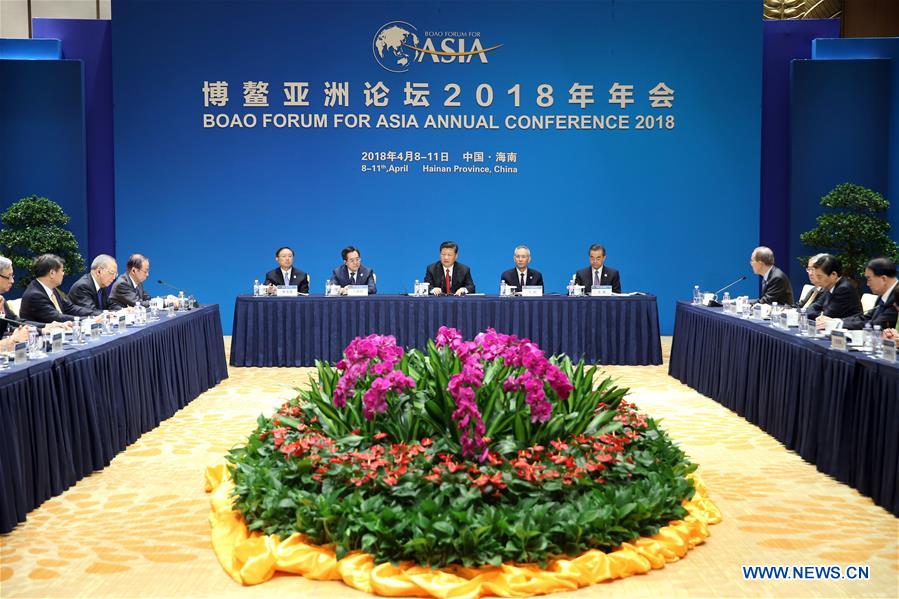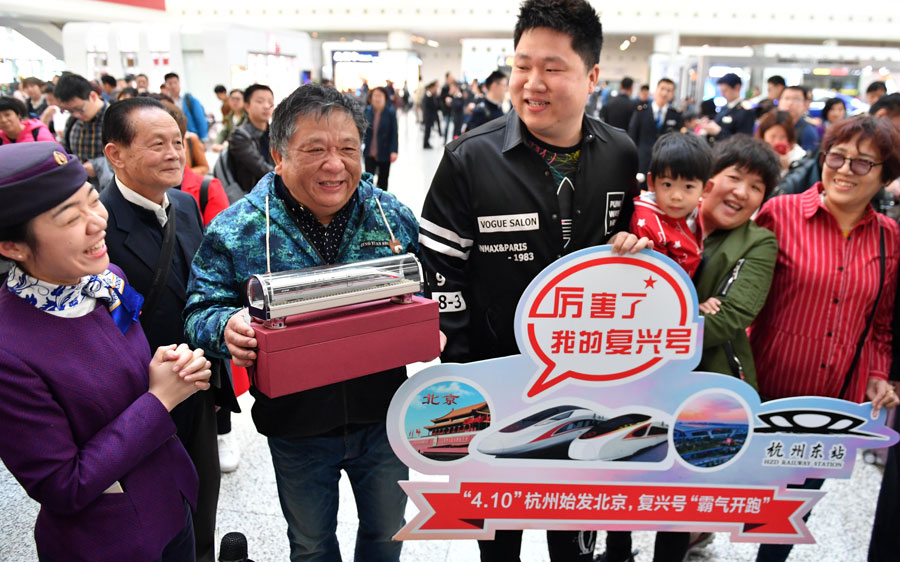The Ruian Museum Society in East China's Zhejiang Province has established a reputation for bringing home lost relics. In 2015, the museum held an exhibition of 154 retrieved Chinese antiques that had once been in circulation in U.S. and Europe.
One of the museum's directors, Jin Jianxin, has been collecting porcelain, jade and copper items from European auction houses and foreign antique shops for the past 10 years.
He told Ruian Daily that while browsing an overseas antique market once, he saw many Chinese relics. He and his brother there and then decided to start saving their money so that they could buy back these stolen treasures and return them to China.
"It's my greatest wish for all Chinese treasures to return home," he told Ruian Daily.
One of Jin's most prized purchases is a jade cup from the Ming Dynasty, which he bought in 2010 at a German auction house. He fought arduously against a German collector, who also wanted the cup, but Jin eventually won the auction.
Curious case
In recent years, such grass-roots efforts to bring back lost relics to China have extended beyond individual attempts, occasionally uniting a clan or an entire village.
In 2016, Chinese villagers in Yangchun, East China's Fujian Province, filed an international lawsuit against a Dutch collector in order to retrieve a stolen sculpture that contains the actual body of their ancestor, Master Zhang, a Buddhist monk.
They allege that the statue was stolen from their village in 1995. One of the villagers later saw it on a televised international antique show being showed off by a collector from the Netherlands. Since then, the villagers have gone on an international pursuit to retrieve their stolen property.
After fruitlessly exhausting every other means at their disposal to persuade the collector to return the statue, in 2015 the villagers wrote a collective letter to the Dutch prime minister during his state visit to China.
The collector, Oscar van Overeem, finally agreed to negotiate, but listed three prerequisites: to keep the sculpture in a bigger temple; the Chinese side must help him with unrelated research, including appraising his private collection of Buddhist artifacts; and pay him compensation.
Refusing to submit to van Overeem's demands, Yangchun and Dongpu village committees empowered a group of lawyers to file an overseas lawsuit on their behalf.
On June 8, 2016, a court in the Netherlands formally accepted the case. In 2017, the villagers traveled abroad to attend the first hearing. Even though no decision has yet been made by the court, commentators say filing a lawsuit served as a symbolic meaning of the Chinese public's voluntarily fight to recover stolen artifacts.
Foreign manipulation
The Chinese government also places emphasis on publicity when seeking the return of lost or stolen cultural relics.
A commentator on Hebei Radio said the recovery of relics shows the growing prosperity of the nation and its people.
During the Spring Festival Gala in February of this year, a Ming Dynasty painting of the Silk Road was exhibited by the director of the Forbidden City Palace Museum to millions of viewers. The painting was purchased last year by billionaire Xu Rongmao of real estate developer Shanghai Shimao Group for $20 million from a private collector, then donated to the museum.
However, some experts warn that the international hunt to recover China's lost relics could in fact be helping foreign auction houses drive up the bid prices of their items.
"A foreign auction house that commercially hypes the origin of a bronze vessel may be trying to manipulate Chinese people's patriotism, which will drive up the auction price," Liu Zheng, a member of China Cultural Relics Academy, told the Global Times.
China's State Administration of Cultural Heritage told the media that it does not encourage Chinese agencies or individuals to bid for relics being auctioned at foreign auction houses.
Huo Zhengxin, vice dean of the School of International Law of China University of Political Science and Law, told sohu.com that the best way to retrieve lost relics is still through the government.
"China's Cultural Relics Law stipulates that such artifacts belong to the country. So the country and the government is the sole body for retrieving relics. Grass-roots efforts should only play a supporting role, to show the demand of the Chinese people."
"But," Huo added, "the real successful push of retrieving lost relics still needs to rely more on the government."









